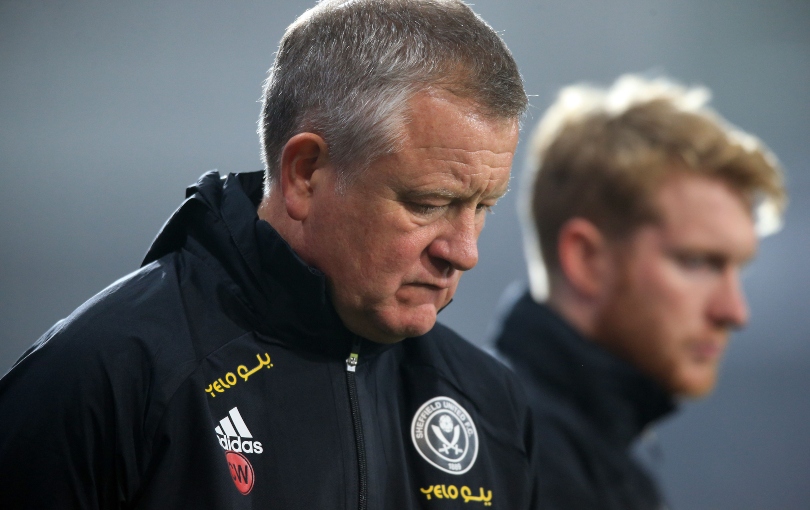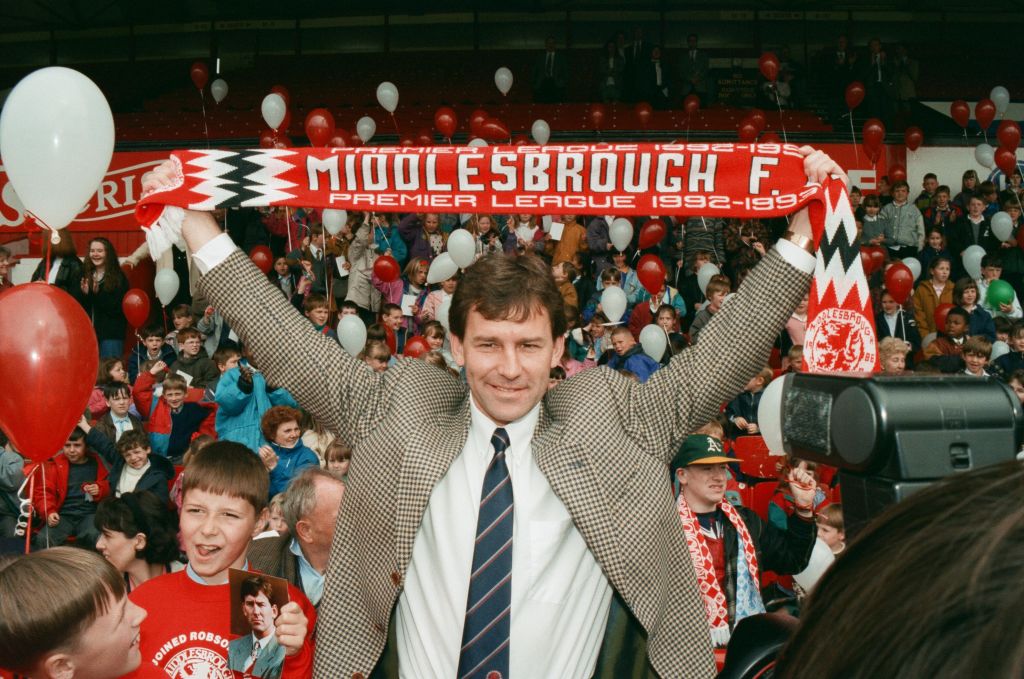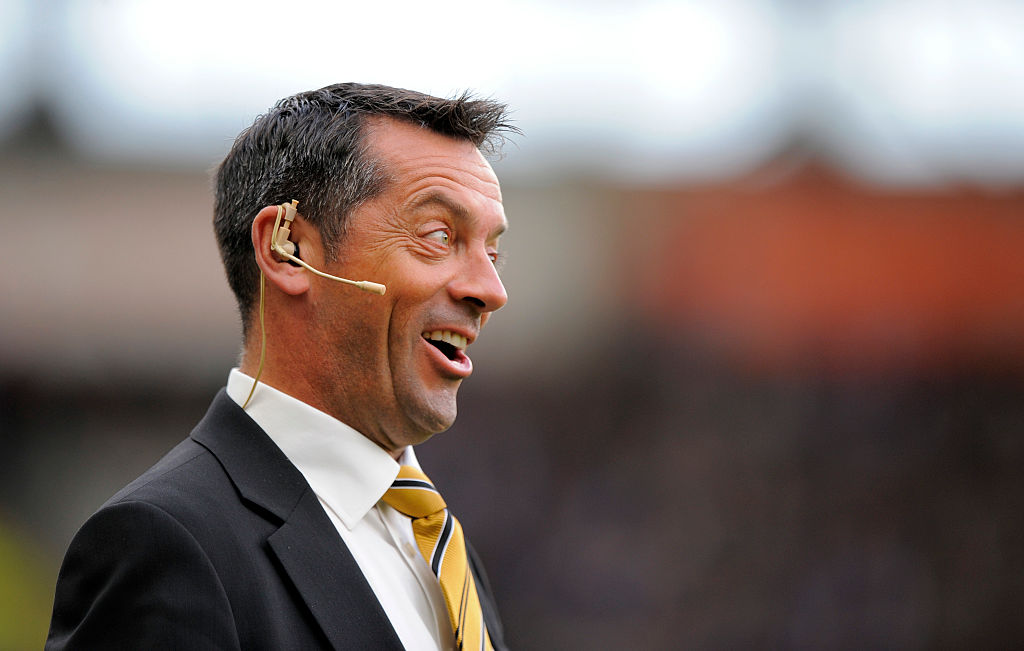Chris Wilder to leave Sheffield United: 10 more Premier League teams who suffered second season syndrome
Like Chris Wilder's Blades, it's not uncommon for teams who punched above their weight in their first Premier League season to hit the canvas a year later

Chris Wilder is set to leave Sheffield United with the Blades looking doomed. The Blades are 12 points off safety with only 10 games remaining, and may already be preparing for life back in the Championship.
It’s a baffling development. Wilder’s team were one of the standout performers in the Premier League last season, finishing ninth just a year after gaining promotion back to the top-flight.
There is one possible explanation, of course: second season syndrome.
The idea that a team can defy expectations and reach dizzying Premier League heights one year, only to come crashing back down to earth with relegation the next.
Maybe a once-winning strategy gets worked out by the opposition or the formula and personnel that brought success is tweaked with disastrous results.
Whatever the case, second season syndrome is so much more than a lazy football cliché – as these teams demonstrate.
Middlesbrough – 1996/97

Middlesbrough finished a creditable 12th in their first season in the Premier League with manager Bryan Robson successfully integrating Nicky Barmby and Juninho into the workmanlike squad that had won promotion.
Get FourFourTwo Newsletter
The best features, fun and footballing quizzes, straight to your inbox every week.
But the club’s ambitions got the better of them a season later. Emerson and Fabrizio Ravanelli were signed at no small expense with Boro adopting an attacking style that left gaping holes in defence. Despite enjoying runs to the League and FA Cup final, the resulting fixture pile-up and injury crisis prompted Robson to postpone a game with Blackburn.
Middlesbrough were subsequently docked three points and finished two off safety.
INTERVIEW Juninho – "When I got to Boro it was so cold I put newspaper inside my boots to help warm them up"
Bradford City – 2000/01
Paul Jewell’s Bradford achieved the impossible in 2000 by defeating Liverpool on the final day to secure survival. But Jewell quit that summer amid reports of a falling out with the chairman and interest from Sheffield Wednesday.
His former assistant, Chris Hutchings, was promoted but presided over one win in their first 12 league games before being replaced by Jim Jefferies who proved equally ineffective.
Bradford also gambled big in the transfer market; Stan Collymore lasted just eight games before departing while Benito Carbone arrived on a £40,000 a week contract but scored just five league goals. They finished bottom.
One touch, then 💥#GoalOfTheDay is a Benito Carbone special pic.twitter.com/UIYCrdc2IlApril 11, 2017
Ipswich Town – 2001/02
Ipswich Town began the 2000/01 campaign as relegation favourites but ended it fifth and qualified for the UEFA Cup. That summer, manager George Burley spent big on luxury players like Finidi George but failed to adequately bolster the squad ahead of a first season of European football in 19 years.
Though they reached the UEFA Cup quarter-finals, Ipswich won just one of their first 18 league games. A run of seven wins in eight games mid-way through the campaign suggested they had turned a corner but the slump soon resumed with relegation confirmed via a final day 5-0 hammering by Liverpool.
West Brom – 2005/06
A year after becoming the first team bottom of the Premier League on Christmas Day to avoid relegation, West Brom succumbed to the drop.
In hindsight, the decision to stick with manager Bryan Robson, who presided over a 13-game winless run at the backend of the season, was a mistake. So was the signing of striker Nathan Ellington who, despite scoring eight goals, was frequently injured and, in one instance, left fans fuming after ruling himself out with a “bruised toe”.
Though the Baggies spent much of the season outside the relegation zone, a late resurgence from Portsmouth sent them boinging back down.
Reading – 2007/08
Promoted as champions in 2006, Reading picked up where they left off in the Premier League, winning four of their first seven league games and eventually finishing eighth.
There were few changes from the squad that broke records in the Championship but as the 2007/08 campaign went on it appeared that teams had begun to work out Steve Coppell’s side.
The Royals lost a club-record eight games on the bounce at the start of 2008 and failed to score in six of their final seven league games. Though they beat Derby 4-0 on the final day, it was not enough.
Hull City – 2009/10

Hull's first season in the Premier League was a tale of two halves. While they had impressed over the first half of the campaign, from December onwards Phil Brown’s team were in freefall, winning one of their last 21 games to survive by a single point.
That summer Brown went in search of goalscorers to bolster Hull’s attack. He wanted Michael Owen and Fraizer Campbell. He got Jozy Altidore and Jan Vennegoor of Hesselink. They scored five goals between them. Hull were poor and Brown was later sacked and replaced by Iain Dowie, though he could do little to prevent the debt-ridden Tigers from going down.
Birmingham City 2010/11
Alex McLeish guided Birmingham to a commendable ninth place in the Premier League in 2010 and followed that up with a shock 2-1 victory over Arsenal in the League Cup a season later.
Nikola Zigic and Obafemi Martins got the goals that day, but would go on to make just two more appearances each due to injury with Birmingham’s toothless squad enduring a major drop-off in form that included five defeats in their final six game.
Relegated after a 2-1 defeat to Tottenham on the final day, insult was added to injury when McLeish jumped ship that summer for Aston Villa.
Queens Park Rangers – 2012/13
QPR only survived the drop by a single point in 2012, but merited a place in the Premier League, having racked up wins over Chelsea, Liverpool, Arsenal and Tottenham at Loftus Road.
The decision to replace Neil Warnock with Mark Hughes midway through the campaign had appeared vindicated but he only lasted just 10 months before Harry Redknapp was drafted in with QPR bottom with four points from their opening 12 games.
It was chaos; QPR had signed or offloaded 43 players that summer. Loic Remy was the only new arrival to impress while playmaker Adel Taarabt spent large parts of the season in a strop. They finished bottom.
Hull City – 2014/15
Hull overachieved in 2014 to finish 16th in the Premier League and reach the FA Cup final where, despite going two goals up, they lost 3-2 to Arsenal after extra time.
Eager to push on, Tigers owner Assem Allam sanctioned a disastrous transfer splurge of £40 million on 11 new players that summer. Abel Hernandez was the headliner, arriving for a club-record £10m before going on to score just once in 21 games.
In truth, however, Hull never quite got over that FA Cup final. They were dumped out of the Europa League in the preliminary rounds and went down having won only eight league games.
Huddersfield Town – 2018/19
David Wagner performed miracles to get Huddersfield promoted to the Premier League let alone stay there on a shoestring budget. It was no fluke either with the Terriers enjoying a terrific campaign capped off by a memorable victory over Manchester United.
They simply ran out of steam a season later. While the defence leaked goals, the biggest issue was at the other end with Huddersfield failing to find the net in 19 league games and scoring just 22 goals all season. Out of ideas, Wagner left in January with the club bottom. They stayed there under new coach Jan Siewart, and eventually suffered the joint-earliest relegation.
Subscribe to FourFourTwo today and save over a third this Mother's Day. All the exclusive interviews, long reads, quizzes and more but for less.
NOW READ
COMMENT Andrea Agnelli's idea for an 18-team Premier League won't help competition – it will kill ambition
LIST 12 teams who salvaged their season by winning the Europa League
GUIDE Premier League live streams: How to watch every game this week, from anywhere in the world
